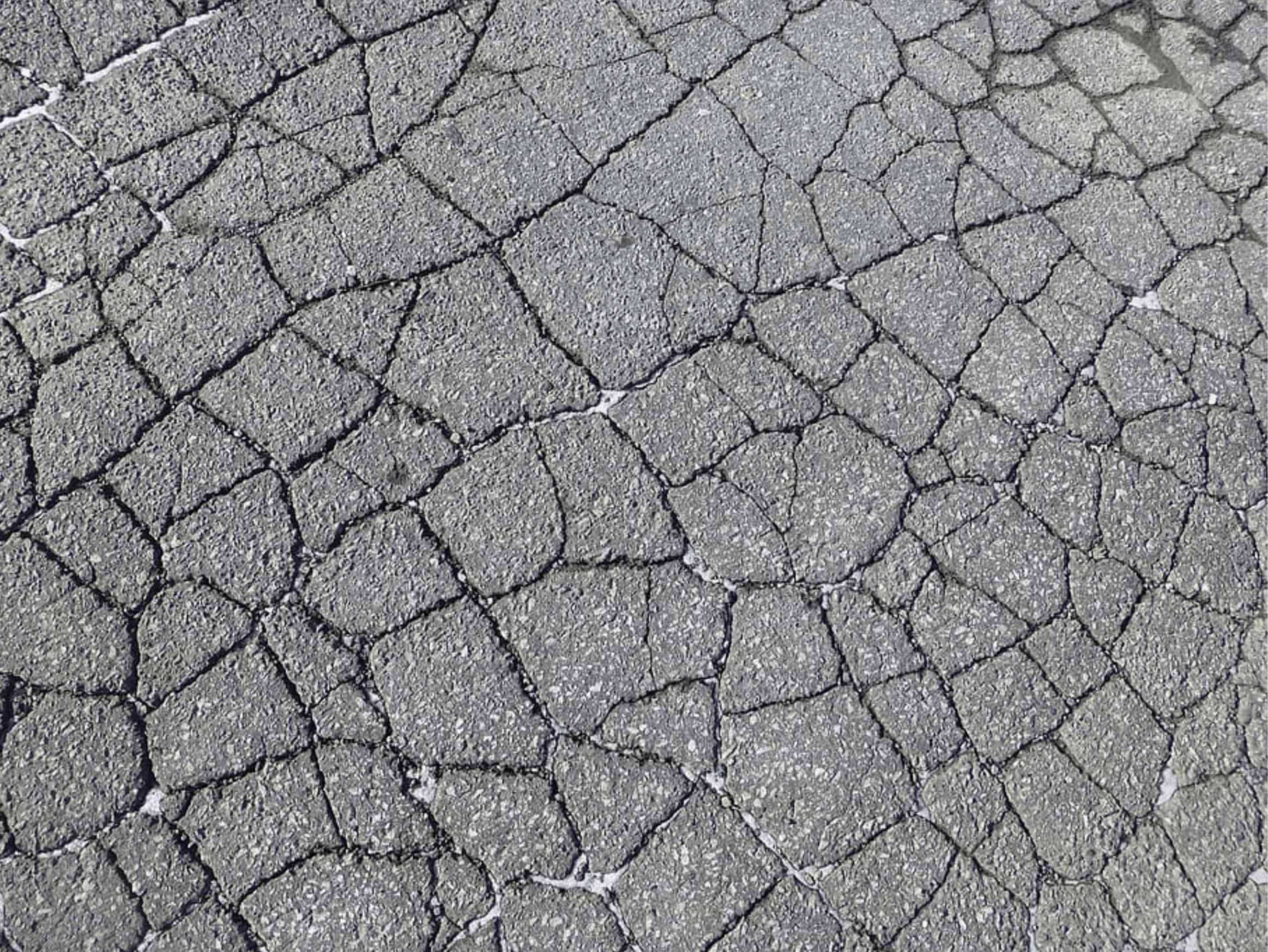Open the Possible of Angled Parking with Hot Mix Asphalt Paving Solutions
Wiki Article
Checking Out the Environmental Benefits of Hot Mix Asphalt
The application of Hot Mix Asphalt in infrastructure tasks presents an engaging case for lasting growth and ecological stewardship. By diving into the complex details of its manufacturing procedures and the ingenious use recycled materials, a much deeper understanding emerges of how this innovation surpasses plain surface area applications. The environmental advantages of Warm Mix Asphalt prolong much past preliminary perceptions, using a nuanced point of view on exactly how this product can lead the way for a greener future.
Lowered Greenhouse Gas Emissions
The production procedure of Warm Mix Asphalt entails warming the mix of aggregate and asphalt binder to high temperature levels. By incorporating redeemed asphalt sidewalk and recycled asphalt tiles into the mix, the demand for virgin products is decreased, leading to energy savings and reduced emissions connected with removal and processing.Researches have actually shown that Hot Mix Asphalt sidewalks have a smaller sized carbon footprint over their life cycle compared to various other pavement choices. The longevity and recyclability of Warm Mix Asphalt additionally improve its ecological benefits by decreasing the requirement for regular upkeep or substitute, thereby saving resources and decreasing discharges linked with restoration tasks.
Energy Effectiveness and Conservation
The manufacturing process of Hot Mix Asphalt not only minimizes greenhouse gas exhausts but additionally adds significantly to energy performance and preservation initiatives. Power performance is a crucial advantage of Warm Mix Asphalt manufacturing contrasted to various other pavement kinds. The resilience of Hot Mix Asphalt decreases the regularity of upkeep and repair, leading to long-term power financial savings.Lasting Sidewalk Solutions

One trick aspect of lasting sidewalk remedies is using recycled products such as reclaimed asphalt sidewalk (RAP) and recycled asphalt shingles (RAS) By including these products into the asphalt mixtures, the demand for virgin resources is minimized, leading to lower power intake and greenhouse gas exhausts during manufacturing. Additionally, the reuse of these materials aids divert waste from garbage dumps, adding to a much more round and sustainable economic situation.
Furthermore, sustainable pavement options concentrate on enhancing sidewalk design to enhance efficiency and durability. Methods such as warm mix asphalt (WMA) and rock mastic asphalt (SMA) improve the durability and durability of pavements, decreasing the requirement for frequent repairs and substitutes. By carrying out these innovative strategies, facilities designers can produce pavements that why not find out more not just satisfy high-performance standards but additionally decrease their environmental impact.
Minimized Environmental Influence
With a focus on sustainability and eco-conscious practices, sidewalk services are made to minimize the ecological effect of building and maintenance procedures. Warm mix asphalt, specifically, offers several benefits that add to reducing the general environmental footprint of road facilities. One crucial element is the recyclability of asphalt, which can be recycled several times without endangering its high quality. This particular assists in conserving natural deposits like it and decreasing the amount of waste sent to garbage dumps.Additionally, the manufacturing of warm mix asphalt releases reduced degrees of greenhouse gases compared to other pavement products, making it a more environmentally friendly option. The power efficiency of asphalt plants has additionally boosted throughout the years, bring about minimized fuel consumption and lower emissions. Additionally, the smooth surface area of hot mix asphalt reduces rolling resistance for vehicles, causing reduced fuel usage and decreased air pollution from vehicle emissions.
Payment to Climate Adjustment Mitigation
Hot mix asphalt plays a crucial duty in mitigating climate adjustment through its lasting properties and lowered environmental effect. One significant payment to climate adjustment mitigation comes from the energy efficiency of warm mix asphalt manufacturing. Contrasted to other sidewalk choices, the manufacturing process for hot mix asphalt consumes less power and discharges reduced levels of greenhouse gases, thus minimizing its overall carbon impact.
In addition, warm mix asphalt's capacity to mirror sunshine, known as albedo, aids in lowering metropolitan warmth island impacts. By lessening warm absorption and retention, hot mix asphalt sidewalks can decrease the need for a/c in city areas, consequently reducing greenhouse gas emissions related to energy intake for cooling down purposes.
Additionally, the resilience and recyclability of hot mix asphalt further enhance its climate modification reduction capabilities. Regrading. The long lifespan of asphalt pavements lowers the requirement for constant repair services or substitutes, eventually reducing the carbon exhausts linked to roadway maintenance tasks. The recyclability of asphalt materials lessens the demand for virgin sources and decreases image source the environmental influence of pavement building, lining up with lasting methods for climate modification mitigation.
Final Thought
Finally, the ecological benefits of Hot Mix Asphalt demonstrate its considerable payment to decreasing greenhouse gas exhausts, preserving power, and minimizing ecological impact. This lasting pavement solution aligns with environment change mitigation initiatives, advertises resource preservation, and improves facilities growth. By using recycled materials, energy-efficient production procedures, and resilient design, Warm Mix Asphalt plays a critical duty in fostering a more eco-friendly method to facilities building and construction.The production procedure of Warm Mix Asphalt entails warming the mixture of accumulation and asphalt binder to high temperatures. By integrating redeemed asphalt pavement and recycled asphalt tiles into the mix, the requirement for virgin materials is decreased, leading to power savings and reduced exhausts linked with removal and processing.
One secret facet of sustainable pavement solutions is the use of recycled materials such as redeemed asphalt pavement (RAP) and recycled asphalt tiles (RAS) Strategies such as cozy mix asphalt (WMA) and rock mastic asphalt (SMA) boost the sturdiness and resilience of sidewalks, minimizing the demand for frequent repair services and substitutes. Contrasted to various other pavement alternatives, the production procedure for hot mix asphalt eats less energy and discharges lower levels of greenhouse gases, thus decreasing its total carbon footprint.
Report this wiki page